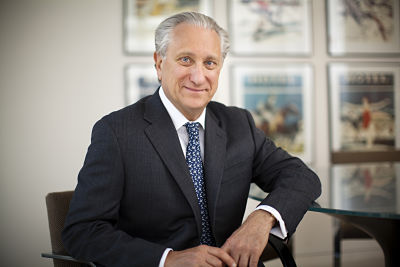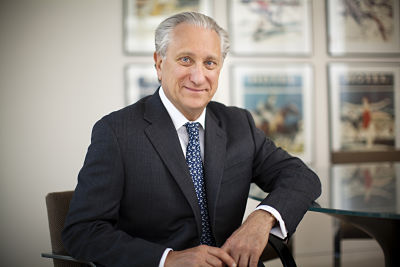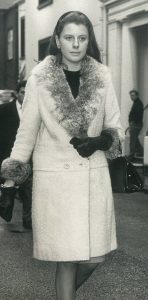
Finest Hour 166
Leadership This Day

July 24, 2015
Finest Hour 166, Winter 2015
Page 42
By Laurence Geller CBE
“Leadership This Day“ illustrates how Winston Churchill’s example guides and motivates today’s leaders.
Contributors come from many fields including business, politics, the military and more.
 Many today confuse leadership with management. Managers plan and coordinate, but leaders must inspire and motivate. Like Churchill they must point the way with clarity and guide their team through inevitable ups and downs.
Many today confuse leadership with management. Managers plan and coordinate, but leaders must inspire and motivate. Like Churchill they must point the way with clarity and guide their team through inevitable ups and downs.

2024 International Churchill Conference
In business there is no longer a simple pyramid structure of authority. The new paradigm of success involves exercising influence. The best leaders influence people to create, capture and distribute value through a network of organizations whose employees do not report to a single leader. To secure that influence, leaders have to earn the trust and respect of all of the organizations that make up the enterprise and collaborate towards a collective goal.
Leaders must excel at identifying potential partners and then initiate, maintain and continually enhance, evolve or change these relationships. This places a premium on integrity. The best leaders know that their job is one of continual negotiation and persuasion based on mutual trust and respect. As Prime Minister, Churchill assembled a coalition of political parties under his leadership and nurtured an alliance of nations in the successful effort to defeat the Nazis.
Throughout his career, Churchill was often criticized for his bluntness. But the best leaders are forthright and recognize that transparency and integrity will always be their most precious assets. This is why Churchill succeeded in building a winning team during the war. A lack of honesty in any communication is akin to jumping out a plane without a parachute – you can’t do it twice!
Churchill believed in himself and that the essence of leadership meant always being willing to do yourself what you ask of others. He not only expected and demanded the best from himself, he expected the best from people around him. He knew positive thinking has power but only if fueled by passion and enthusiam.
Ambiguity can be fatal in any enterprise. If the goals are intangible, and the decision-making process haphazard, then boldness may be required not to initiate a doomed enterprise. Churchill knew that intangible goals, which could not be measured, were not worthy of effort and deserved only intangible rewards.
Caution, however, must not lead to paralysis. Churchill said, “I never worry about action, but only about inaction.” The wise have said that perfection is the enemy of the good. Churchill knew that leaders have to take chances, act fast or miss out on important windows of opportunity. The best leaders know they will inevitably make wrong decisions some of the time and will accept the personal consequences. One of the great Churchillian leadership lessons for today is that when things go wrong leaders must do two things: take charge and responsibility. Churchill knew how to admit openly and clearly when he was wrong.
“Courage is what it takes to stand up and speak, but it is also what it takes to sit down and listen.” Leaders must listen—to everyone. Churchill believed that “the greatest lesson in life is to know that even fools are right sometimes.”
The Baby Boom generation largely ignored Churchill’s maxim to take time to relax. Instead they placed wealth before health, often realizing the importance of “down time” all too late when strain finally took its toll on body, family, productivity and career.
It is true that Churchill’s daily ministerial boxes may be the modern equivalent of the iPhone or Android, but the quality-of-life issues he raised are as true now as ever. Today’s fast-paced, high-tech, stress-ridden world mandates a balanced life to create well-rounded and refreshed leaders whose experiences and curiosity can generate continuing productivity and innovation.
Churchill thrived on leadership skills that were intuitive and not taught. These included humor and resistance to negativism. He disregarded those who only criticized but offered no constructive alternatives. Misinformed attacks in the daily media did not perturb his constitution. He based his judgment on his own thoughtful research as well as experience of success and failure.
Given Churchill’s joy in oil painting, it is perhaps appropriate to suggest that we face a paucity of leadership and need a new canvas, new brushes and fresh paints to create an environment where leadership grows, flourishes and excels. If we don’t, we are destined for mediocrity, which we cannot afford. We need great leaders. As a society we must build them.
Laurence Geller is the Chairman of the Board of The Churchill Centre. He has led multi-national corporations in the hospitality industry.
Subscribe
WANT MORE?
Get the Churchill Bulletin delivered to your inbox once a month.




